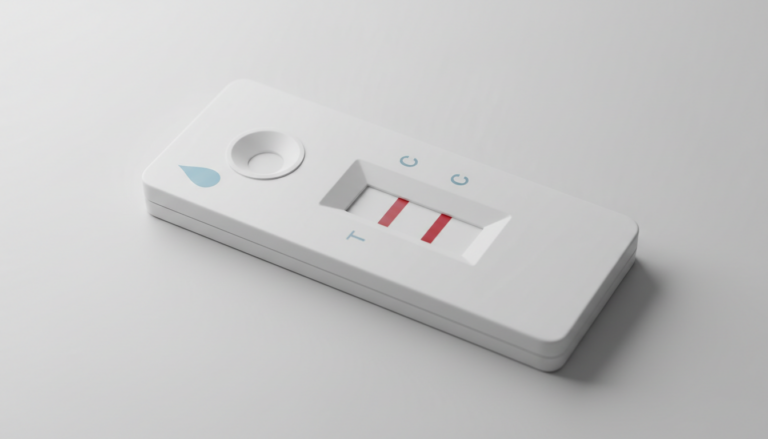Screens are all around us, and children are growing up in an era where they are exposed to them from a very young age. From smartphones to laptops, tablets to televisions, screens have become a ubiquitous part of modern life. However, as parents, it is essential to ask ourselves, how much screen time is too much for our kids?
The American Academy of Pediatrics’ Recommendations
The American Academy of Pediatrics (AAP) is a professional association of pediatricians in the United States that provides guidance and recommendations for children’s health. They recommend that children aged 2 to 5 years should have no more than one hour of screen time per day, while children aged 6 years and older should have consistent limits on the amount of screen time they have each day. The AAP also advises that children should not have any screen time for at least one hour before bedtime.
The Risks of Too Much Screen Time
Excessive screen time has been linked to a range of negative effects on children’s health and development. These include:
- Obesity: Studies have shown that children who spend more time in front of screens are more likely to be overweight or obese. This is because children who spend more time sitting in front of screens are less active, and therefore burn fewer calories.
- Sleep problems: The blue light emitted by screens can interfere with children’s sleep, making it harder for them to fall asleep and stay asleep. This can lead to fatigue, irritability, and difficulty concentrating.
- Poor academic performance: Children who spend more time in front of screens may have lower academic achievement than those who spend less time on screens. This is because excessive screen time can interfere with a child’s ability to focus and learn, leading to poorer academic performance.
- Behavioral problems: Too much screen time has been linked to an increased risk of behavioral problems, such as aggression and hyperactivity. This is because screen time can interfere with a child’s ability to regulate their emotions, leading to more impulsive and disruptive behavior.
Setting Screen Time Limits
So, how can parents set appropriate screen time limits for their children? Here are some tips:
- Start young: It’s never too early to start limiting screen time. Even babies can benefit from less screen time.
- Be consistent: Set clear limits on screen time and stick to them. This will help children understand what is expected of them and help prevent arguments or tantrums.
- Encourage other activities: Encourage your child to engage in other activities, such as playing outside, reading, or playing with toys. This will help them develop a range of interests and hobbies and reduce their dependence on screens.
- Model good behavior: Children are more likely to follow rules if they see their parents following them too. So, if you want your child to have less screen time, be sure to model that behavior yourself.
- Use parental controls: Many devices have parental controls that can help you set limits on screen time and block inappropriate content. Use these tools to help you manage your child’s screen time more effectively.
Conclusion
While screens have become an integral part of modern life, it’s important for parents to monitor and limit their children’s screen time. By following the AAP’s recommendations and setting clear limits on screen time, parents can help their children avoid the negative effects of too much screen time and promote their overall health and well-being. Remember, there is no one-size-fits-all approach to screen time, and it’s up to each family to find a balance that works for them.

